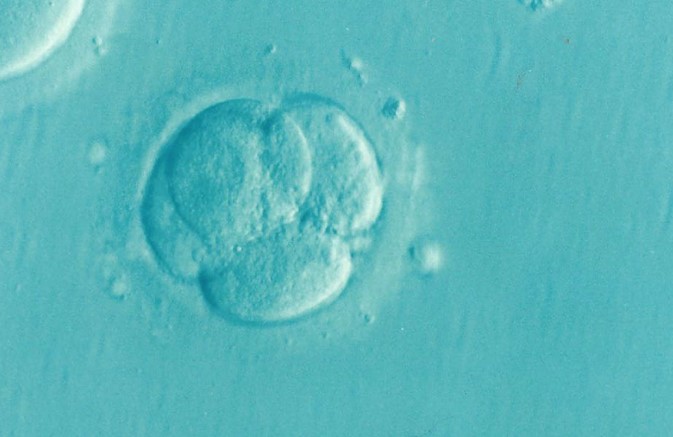For a woman who is older and has a problem in the ovarian chamber, there is no method for pregnancy to occur in IVF treatment.
In our country, women who want to have children at an advanced age and have low ovarian reserve can become pregnant at an advanced age with egg freezing.
Pregnancies over the age of 35 fall into the high-risk pregnancy class and should be followed up by perinatology specialists.
Is there an age limit for IVF for men
For Whom Is IVF Needed?
For Whom Is IVF Needed?
If pregnancy is not achieved within one year despite having regular unprotected sexual intercourse, a center should be consulted for the treatment of infertility and assisted reproductive techniques.
You can contact your doctor if:
• If you are planning to become pregnant and you are over 30 years old and have not had menstrual bleeding for an additional 6 months,
• If your menstrual periods are irregular or painful, if you have pelvic pain, endometriosis (such as a chocolate cyst) or recurrent miscarriages (2 or more miscarriages),
• If you have low sperm count, history of testicular and prostate diseases or sexual problems.
Other situations in which IVF treatment is applied include:

- In order for a pregnancy to occur naturally, the ovaries of the woman must be both open and functioning normally.
In vitro fertilization treatment should be applied if the female fallopian tubes, also known as ovarian channels, are blocked, severely damaged or surgically removed. - In vitro fertilization treatment may also be required in case of adhesions around the female reproductive organs that will prevent the eggs developing in the ovaries from being caught by the fallopian tubes.
These intra-abdominal adhesions may be due either to previous surgeries in these regions (eg, ovarian cyst surgery, uterine fibroid removal, ectopic pregnancy surgery…) or to inflammatory conditions of the female internal genital system that have been noticed or not.
In this case, as the first treatment step, these adhesions can be opened with laparoscopic (closed) surgery and it can be tried to ensure a normal tube-ovary relationship. If this cannot be achieved or if there is no spontaneous pregnancy within a certain period of time after the surgery, in vitro fertilization should be started. - In women with ovulation problems, in vitro fertilization treatment should be started if ovulation is still not achieved despite the fact that ovulation is achieved with the drug treatment that provides ovulation. Women with polycystic ovary syndrome constitute an important part of this group.
- If the woman has endometriosis, IVF treatment may be required. Endometriosis disease is the presence of the endometrium layer, which should normally be found in the uterus and is expelled during each menstrual period, outside the uterus, around the tubes, in the ovaries and on the intestine.
Endometriosis can prevent a woman from getting pregnant. If pregnancy is not achieved within a certain period of time following the surgical removal of this disease, in vitro fertilization treatment is started. - In vitro fertilization treatment may be required if there is a defect or insufficiency in the sperm count, sperm movement and sperm shape (sperm morphology) in the man.
Today, in vitro fertilization / microinjection is the treatment method that gives the highest success and pregnancy rates in male-related infertility. Early referral of couples with male-related infertility to IVF treatment increases the chances of success. - If no sperm cells are found in the sperm analysis in the man, the result can be reached with in vitro fertilization treatment. In this case, in vitro fertilization / microinjection treatment should be applied as the only treatment method, since sperm cells will be obtained from the epididymis or testis by surgical means.
- In the presence of unexplained infertility, IVF treatment may be required. In vitro fertilization is also a suitable option in cases of unexplained infertility for couples who have attempted to have a child naturally and have not had any problems in their examinations and examinations.
While these couples always have a chance of conceiving spontaneously, this chance gradually and significantly decreases as the years pass and the woman gets older. In vitro fertilization treatment gives good results in these couples and removes the stress and tension on the couples in the shortest possible way. - If there is immunological infertility, results can be achieved with in vitro fertilization / microinjection treatment. If antibodies against sperm cells develop in the semen or in the female reproductive system and no result can be achieved with other treatments, in vitro fertilization should be considered as a treatment.
- In case of advanced female age, IVF treatment should be considered. with fertility



































